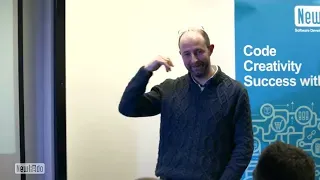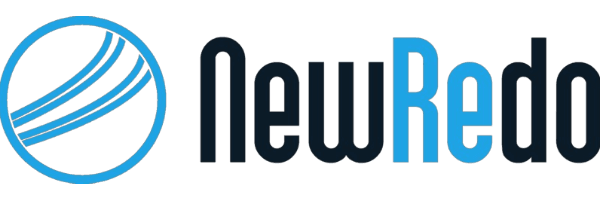09
2016
2016 February Meetup
Summary
Ever felt that Twitter debates, particularly around #NoEstimate, generate more heat than light? We’ll dig into the #NoEstimate movement, questioning whether it's simply developers dodging responsibility or a legitimate critique of how estimates can drive dysfunction in software projects. We'll also explore the #NoProjects movement, challenging whether traditional project management is really the best approach for complex software work. In a fascinating case study, Jon will share how Equal Experts helped a finance client not only deliver new payment services but also kickstart an Agile transformation—revealing one change that made all the difference when other efforts had failed. Expect deep insights into how these challenges to orthodoxy are shaping the future of work in the 21st century!
Programme
The Power of #NoEstimates
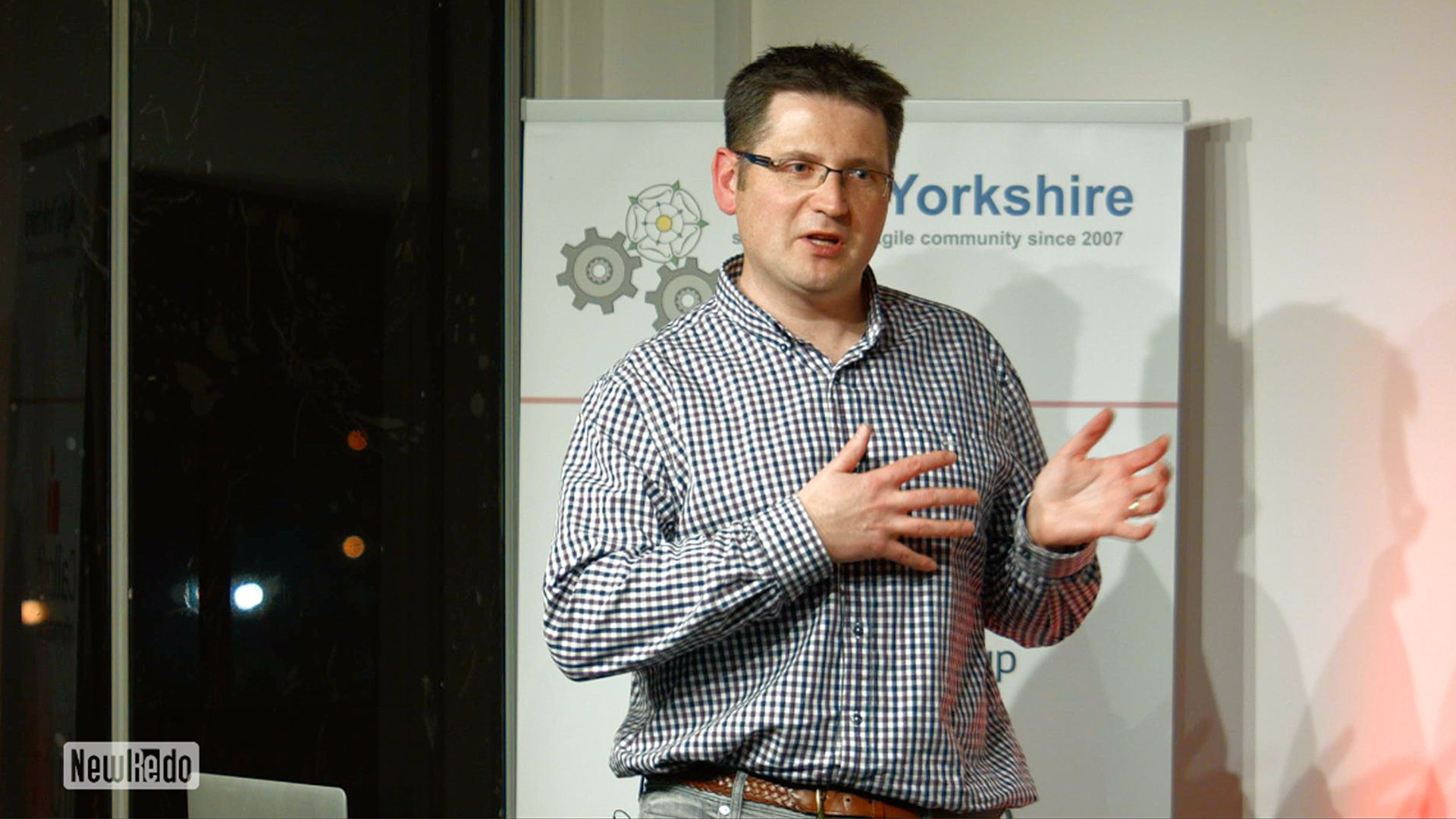
James Hull
The best kept secret of agile transformation - release frequently
